Can we believe—by an effort
comfort our hearts:
it is not waste all this,
not placed here in disgust,
street after street,
each patterned alike,
no grace to lighten
a single house of the hundred
crowded into one garden-space.
Crowded—can we believe,
not in utter disgust,
in ironical play—
but the maker of cities grew faint
with the beauty of temple
and space before temple,
arch upon perfect arch,
of pillars and corridors that led out
to strange court-yards and porches
where sun-light stamped
hyacinth-shadows
black on the pavement.
That the maker of cities grew faint
with the splendour of palaces,
paused while the incense-flowers
from the incense-trees
dropped on the marble-walk,
thought anew, fashioned this—
street after street alike.
For alas,
he had crowded the city so full
that men could not grasp beauty,
beauty was over them,
through them, about them,
no crevice unpacked with the honey,
rare, measureless.
So he built a new city,
ah can we believe, not ironically
but for new splendour
constructed new people
to lift through slow growth
to a beauty unrivalled yet—
and created new cells,
hideous first, hideous now—
spread larve across them,
not honey but seething life.
And in these dark cells,
packed street after street,
souls live, hideous yet—
O disfigured, defaced,
with no trace of the beauty
men once held so light.
Can we think a few old cells
were left—we are left—
grains of honey,
old dust of stray pollen
dull on our torn wings,
we are left to recall the old streets?
Is our task the less sweet
that the larvae still sleep in their cells?
Or crawl out to attack our frail strength:
You are useless. We live.
We await great events.
We are spread through this earth.
We protect our strong race.
You are useless.
Your cell takes the place
of our young future strength.
Though they sleep or wake to torment
and wish to displace our old cells—
thin rare gold—
that their larve grow fat—
is our task the less sweet?
Though we wander about,
find no honey of flowers in this waste,
is our task the less sweet—
who recall the old splendour,
await the new beauty of cities?
The city is peopled
with spirits, not ghosts, O my love:
Though they crowded between
and usurped the kiss of my mouth
their breath was your gift,
their beauty, your life.
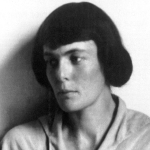







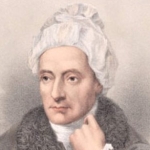


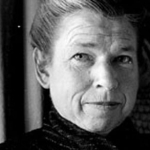

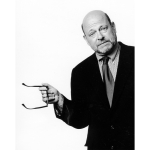

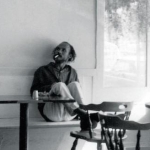


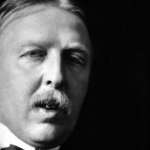
Comment form: